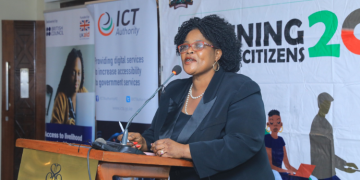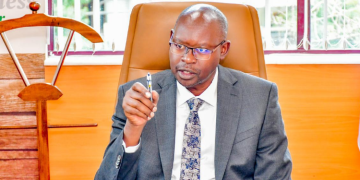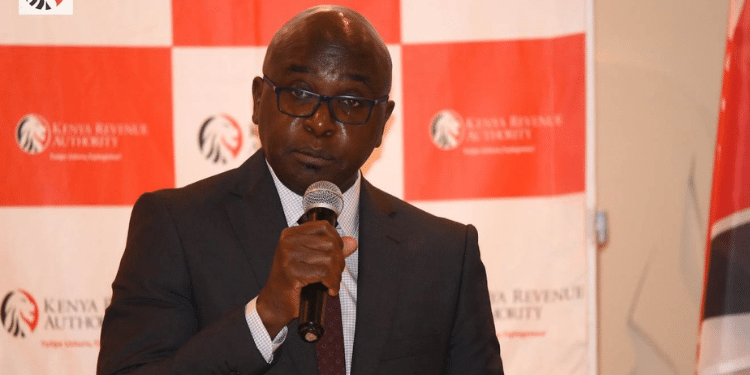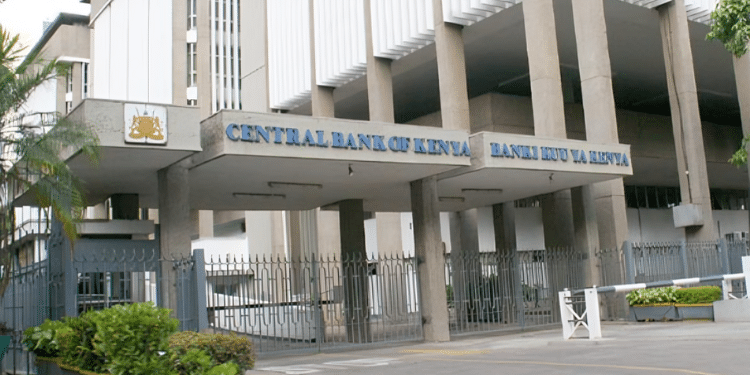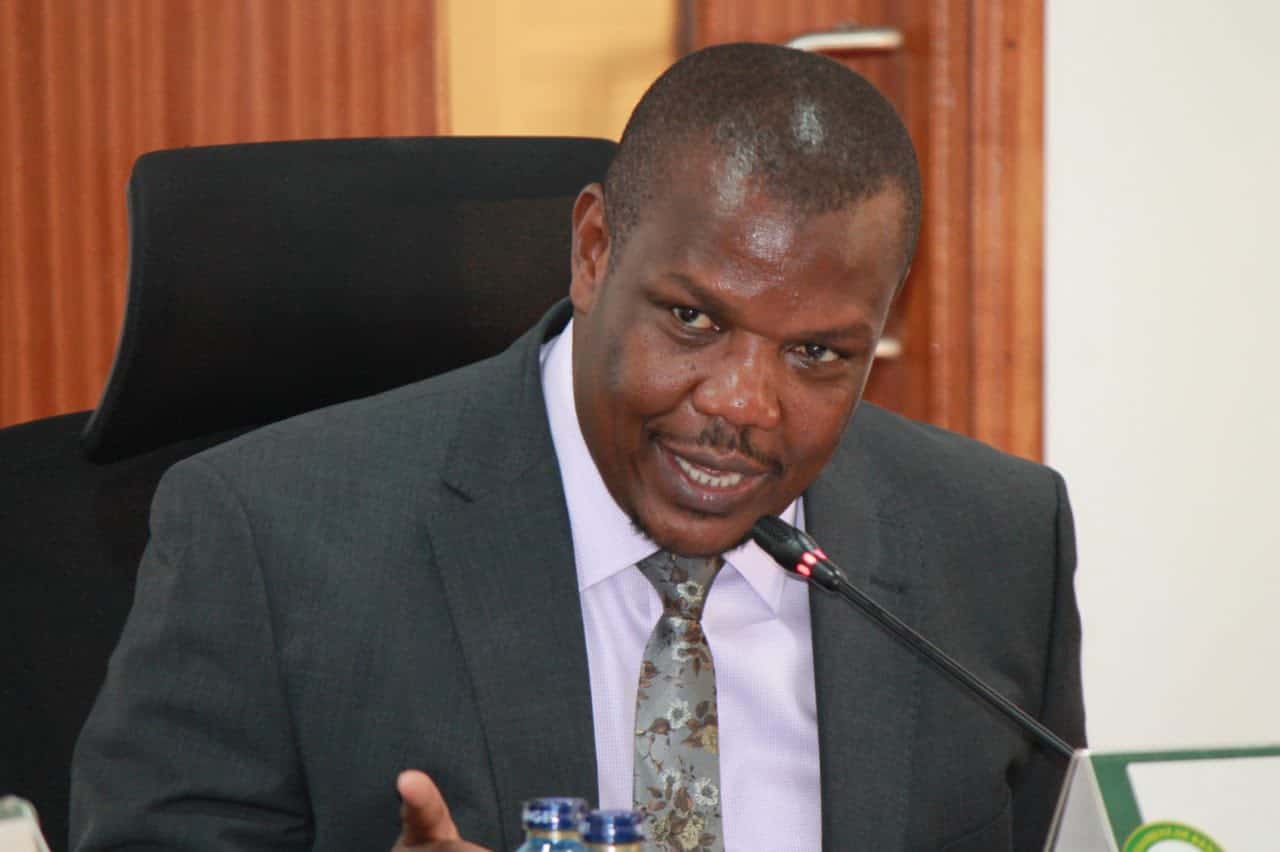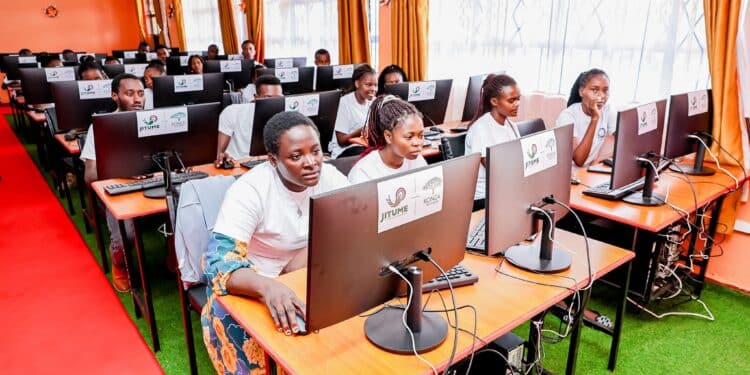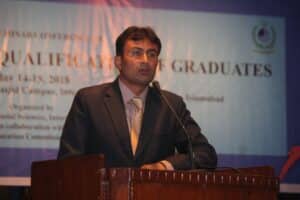The major objective of educational institutions is to enhance the vision of peace and sustainable development for the practical contributions of youth in the society. That is why education remains man’s equalizer.
Educational institutions want their graduates to be responsible citizens with positive contributions for the development of society.
According to the World Health Organization, “Worldwide over 176 000 homicides occur among youth 15–29 years of age each year, which is 37% of the total number of homicides globally each year” (WHO).
As such, we must think about the actual situation and role of educational institutions in the society.
Youth crimes is a global concern that is rising in almost every corner of the world.
The rising ratio of population and ballooning unemployment are considered as major causes of youth crimes.
Severe crimes have been reported among youth including an illiterate young man to a university graduate.
What’s more, this situation needs to be immediately and well addressed by the educational institutions globally.

Crime and Youth unemployment
In the list of global crime index, Somalia, Angola, Cameroon, Libya, Namibia, Uganda, Zimbabwe, and Ivory Coast are considered with the highest crime rates in Africa in 2024. Sadly, youth dominate most of the crimes reported.
According to a report by the United Nations, in Southeast Asian regions, criminal gangs are using torture and abuse to force hundreds of thousands of people into an online scam operation.
Also Read: Transforming African Education System with 21st Century Skills
Youth crimes are not limited to developing countries but also found in advance states.
For example, in Australia, youth crimes rose by 6 percent in the 12 months to June 2023 (The Daily Aus).
“The integration of crime prevention and criminal justice into all levels of education is essential in building long-term approaches to countering crime and violence” (UNODC).
Education means to foster sustainable development of societies. Sustainable development aims at ‘eradicating poverty in all its forms and dimensions, combating inequality within and among countries, preserving the planet, creating sustained, inclusive and sustainable economic growth and fostering social inclusion’ (2030 Agenda for Sustainable Development).
Rethinking Higher education
Mostly, the vision of higher education institutions includes reconstructing the human thoughts for the benefits of society and to promote the thinking of youth for their active and positive contributions for the development of society.
In view of the vision of school and higher education, we will have to rethink about the existing situation of youth crimes and the outcomes of the vision and objectives of school and higher education.
Social studies are formally included in school and university teachings for the comprehension of societal needs and contributions of new generation for social upgradation and development.
Unfortunately, teachings for societal values appear to have failed in many areas globally keeping in view the involvement of youth in violent and criminal activities.
What to Do?
In this situation we are faced with the need to train the youth for their active and positive role in society against the surging ratio of youth crimes worldwide.
Questions emerge on the objectives of educational institutions and their outcomes. Several studies have been conducted on the effectiveness of curriculum for the moral development of youth.
Gaps have been identified in the teaching and learning processes for the personality development of youth.
Also Read: Re-imagining Mentorship in Teacher Training in Kenya for Better Results
Studies concluded that teacher training programs needed to be revised regarding teaching content and pedagogy.
Similarly, experts have opinion to ensure the discipline of educational institutions. Revisiting the strategies for character-building of youth are also concluded by the research.
Teaching and access to education
All in all, many discussions are ongoing worldwide on effective teaching in educational institutions to enhance the values and skills in the youth for societal development.
It’s also true that youth have no more access to higher education in many countries particularly in developing countries. Literacy rate is critical in African countries.
The existing situation of violent and criminal activities needs to be well elaborated in the educational institutions with the assigned role of youth to overcome such activities.
In addition, educational institutions should clearly assign the tasks to youth as compulsory subject in the form of internship for their active role to promote peace and sustainable development and to overcome/reduce the ongoing violent and criminal activities in the societies.
Teachers need to be well trained to actively train the youth for societal development. Technical education should be promoted to increase the ratio of employment. Values and life skills need to be more focused in the teaching learning process.
Follow our WhatsApp Channel for real-time news updates:


